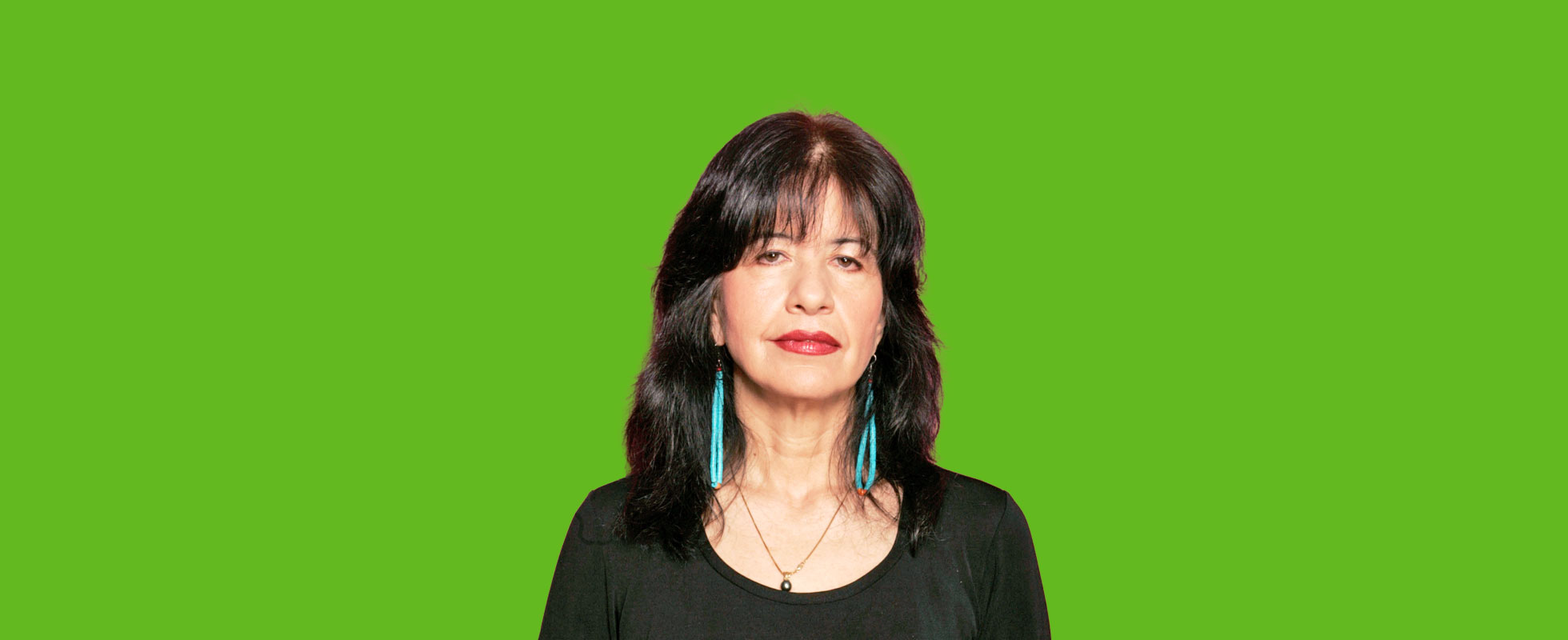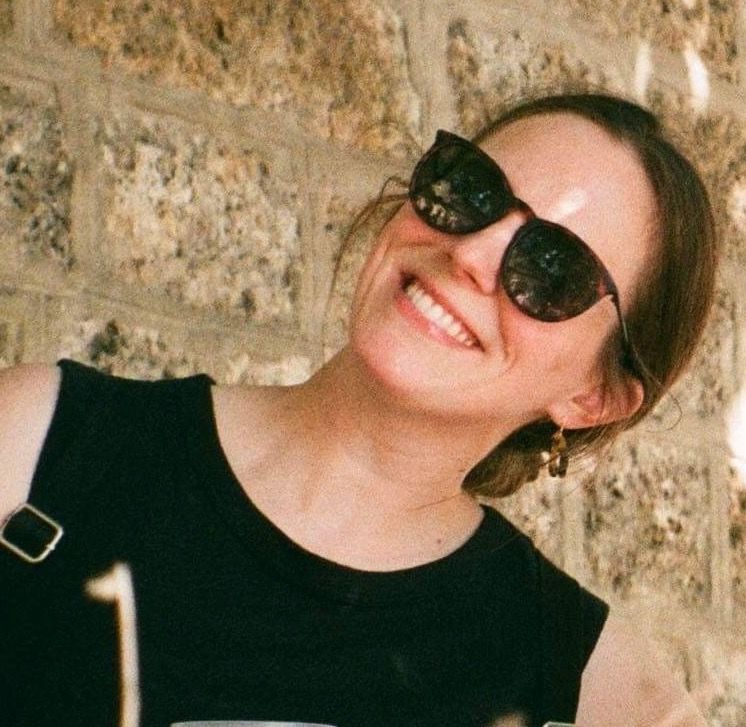Indigenous authors have long provided readers a unique look into the rich and diverse narratives of Indigenous communities from all over the globe.
While many authors from Indigenous backgrounds have shared crucial perspectives on the enduring legacy of colonialism, the struggle for self-determination, and the preservation of cultural heritage, Indigenous people are not a monolith — there are exciting and compelling voices telling stories of all kinds and across all literary genres, topics, and tones.
From memoirs to romance to horror and more, the authors featured on this list have created impactful works that use words to paint vivid, unforgettable pictures. These tales are thrilling, touching, and, at times, devastating: We feel the intensity of desire from prolific writer Louise Erdrich, the discomfort of the dark in a revelatory fictional anthology, and a singular portrayal of magical realism from Tanya Tagaq that will stay with you long after the last line.
These quotes from books written by Indigenous authors are just a glimpse into the wonders that await you within their pages from whence they come.
“The Break” by Katherena Vermette
I am the light breath and wind around you. I am the knowing that you are never really all alone. You are all of my strength and none of my weakness. You are the dream my life made.
Written by Katherena Vermette, a descendant of the Métis people, this breathtaking intergenerational family saga embeds the reader in the complex lives of a Métis family in Winnipeg, Canada. Centered around a violent crime that takes place on a desolate stretch of land known as “the Break,” Vermette’s novel weaves together the narratives of multiple women from various periods of time, addressing themes of trauma, injustice, and family bonds.
The Break is a masterful study in confronting a past that’s hard to escape in the present. It challenges the stereotypes placed on Indigenous communities and highlights the resilience these women are perpetually forced to embody. It’s a beautifully devastating read that plainly lays out the need for social and systemic change to address the violence faced by Indigenous communities, while simultaneously inspiring readers with the power of a family’s love.
“Split Tooth” by Tanya Tagaq
We are a product of the immense torque that propels this universe. We are not individuals but a great accumulation of all that lived before.
Tanya Tagaq is best known as a Canadian Inuk throat singer, but the Nunavut-born artist also revealed herself to be a brilliant author with this 2018 debut. Split Tooth is a mesmerizing literary work that blurs the lines between memoir, magical realism, and myth, offering a vivid glimpse into the life of a young Inuk girl as she comes of age in 1970s Nunavut.
The story is effortlessly, hauntingly told through poetry and prose, dreams and stark reality, myths and everyday experiences. Taqaq’s unconventional voice leaves us no choice but to traverse the landscape of her life and culture alongside her. Split Tooth is a beautiful and brutal exploration of the essence of survival, the spiritual connection to nature, and the enduring strength of the human spirit.
“Braiding Sweetgrass” by Robin Wall Kimmerer
The land knows you, even when you are lost.
Braiding Sweetgrass was first published in 2013, and it remains a deeply moving exploration of the intersection between science, Indigenous wisdom, and the natural world. Kimmerer, a botanist and a member of the Citizen Potawatomi Nation, combines personal histories, scientific insights, and Indigenous knowledge to offer a fresh perspective on our relationship with the Earth.
Kimmerer emphasizes the reciprocity that should exist between humans and the land we inhabit — a directive that seems even more pressing today. Through a deep reverence for plants, animals, and the environment, Braiding Sweetgrass encourages readers to examine and refresh our connection to our planet. It’s an inspirational vision for a more harmonious and sustainable future that will touch readers of all interests.
“Crazy Brave: A Memoir” by Joy Harjo
No one ever truly dies. The desires of our hearts make a path. We create legacy with our thoughts and dreams.
This remarkable memoir by acclaimed Muscogee Nation author, musician, and poet Joy Harjo tells the story of the author’s turbulent youth. Harjo’s tumultuous home environment forced her to seek solace in her treasured imagination, leading her to find refuge in poetry and the arts.
Through her words, Harjo takes readers on a poignant and intimate journey through her personal history. Along the way, she reveals her connection to her Indigenous heritage and the importance of storytelling as a means of healing and survival.
Crazy Brave is a story of personal strength as well as a testament to the transformative power of art and creativity. Harjo, the 23rd U.S. Poet Laureate — and the first Native American to hold the title — shares her personal experiences in a way that’s sure to resonate with anyone who’s grappled with their own identity and sense of belonging.
“Love Medicine” by Louise Erdrich
The greatest wisdom doesn't know itself. The richest plan is not to have one.
The debut novel from National Book Award winner Louise Erdrich, an enrolled member of the Turtle Mountain Band of Chippewa Indians, was first published in 1984 and still stands as a touchstone among contemporary Indigenous literature.
Following the interconnected lives within an Ojibwe community in North Dakota, Love Medicine explores the complex relationships and perspectives of multiple generations of Indigenous characters as it touches on themes of love, identity, tradition, and the enduring impact of colonization.
Erdrich's storytelling is a compelling blend of both Native American culture and contemporary issues. She crafts a narrative that spans decades, examining the lives of various family members as they grapple with the tensions between their ancestral traditions and the modern world. It’s a touching exploration of the ever-evolving dynamics within the Indigenous experience in North America.
“There There” by Tommy Orange
She told me the world was made of stories, nothing else, just stories, and stories about stories.
The title of Tommy Orange’s debut novel was derived from a Gertrude Stein quote about Oakland, California: “There is no there there.” Orange, who grew up in Oakland and is a member of the Cheyenne and Arapaho tribes, has created a diverse cast of 12 Native American characters. There There follows the ways in which their lives converge at the Big Oakland Powwow.
Orange beautifully portrays the quest for identity and belonging and connects it to a larger conversation about a world where traditional ties to land and heritage have been disrupted. His writing is a powerful reflection on the resilience and complexity of contemporary urban Indigenous voices.
“Never Whistle at Night” by various authors, edited by Shane Hawk and Theodore C. Van Alst Jr.
There’s a pause that feels like forever, with my blood pumping fast and thick through my palms and neck. Another whistle rings, this time unnaturally high. My spine is an icicle, my heart a raging engine.
There is a belief among many Native American cultures that you should never whistle at night, and that doing so may invite evil spirits to appear. This superstition permeates this collection of 26 twisted tales — all by Indigenous authors, featuring Indigenous main characters, and with an undercurrent of Indigenous mythologies.
Most of the stories feature supernatural elements such as monsters and spirits, but sometimes the true horror takes the form of injustice, violence, and trauma. Intergenerational family stories play a central role in this impressive anthology from an array of emerging and established authors that’s sure to spook even the most seasoned horror enthusiast.
Featured image credit: J. Vespa/ WireImage via Getty Images
















